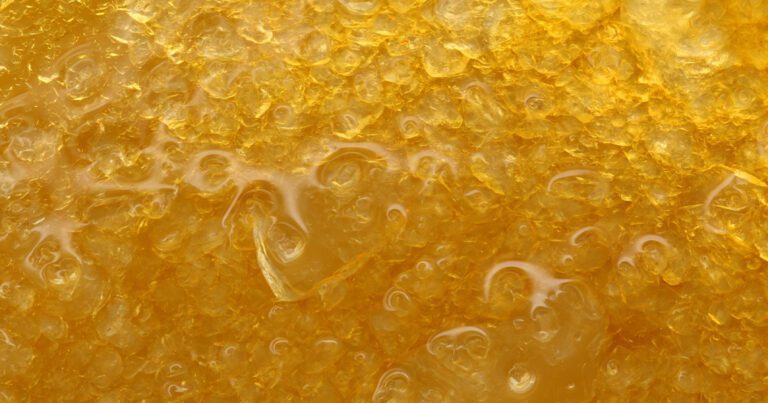When it comes to producing high-quality cannabis oil, winterization is a critical step in the process. But what exactly is cannabis oil winterization? In simple terms, winterization is a technique used to remove impurities from the oil, resulting in a cleaner and more potent product.
During the extraction process, various compounds such as fats, waxes, and lipids are extracted along with the desired cannabinoids. These impurities can have a negative impact on the final product, affecting its taste, texture, and overall quality. Winterization involves using a combination of low temperatures and solvents to separate these unwanted substances from the oil.
To begin the winterization process, the cannabis oil is mixed with a suitable solvent, typically ethanol or another alcohol. The mixture is then placed in a freezer or a cold environment for a specific period, allowing the undesired substances to solidify. Once solidified, the mixture is filtered to separate the impurities from the oil. The result is a cleaner and more refined cannabis oil that is ready for further processing or consumption.
The Importance of Cannabis Oil Winterization
Cannabis oil winterization plays a crucial role in enhancing the quality and purity of the final product. By removing impurities such as fats and waxes, winterization not only improves the taste and texture of the oil but also increases its potency. Impurities can affect the bioavailability of cannabinoids, making them less effective when consumed.
Furthermore, winterization is essential for creating cannabis oil products that are suitable for various applications. Whether you’re planning to use the oil for edibles, topicals, or vape cartridges, winterization ensures that the final product is free from unwanted substances that could hinder its performance or safety.
Another important aspect of winterization is its ability to improve the stability and shelf life of cannabis oil. By removing impurities that can cause oxidation or degradation, winterization helps preserve the oil’s freshness and potency for a longer period.
The Science Behind Cannabis Oil Winterization
To fully understand the science behind cannabis oil winterization, it’s important to delve into the properties of the compounds involved. Fats, waxes, and lipids are non-polar substances, meaning they are not soluble in water. However, they are soluble in non-polar solvents such as ethanol.
When the cannabis oil is mixed with ethanol and subjected to low temperatures, the non-polar impurities solidify and separate from the oil. This is due to the difference in freezing points between the impurities and the oil. The impurities have higher freezing points, causing them to solidify while the oil remains in a liquid state.
Once the mixture is filtered, the solid impurities are removed, leaving behind a purified cannabis oil. The use of ethanol as a solvent is crucial in winterization, as it not only dissolves the non-polar impurities but also evaporates easily, leaving little to no residue in the final product.
Winterization removes impurities such as fats and waxes from the oil, resulting in a cleaner and more refined product. This not only enhances the taste and texture of the oil but also increases its potency and bioavailability. Additionally, winterization improves the stability and shelf life of cannabis oil, making it a crucial step in the production process.








